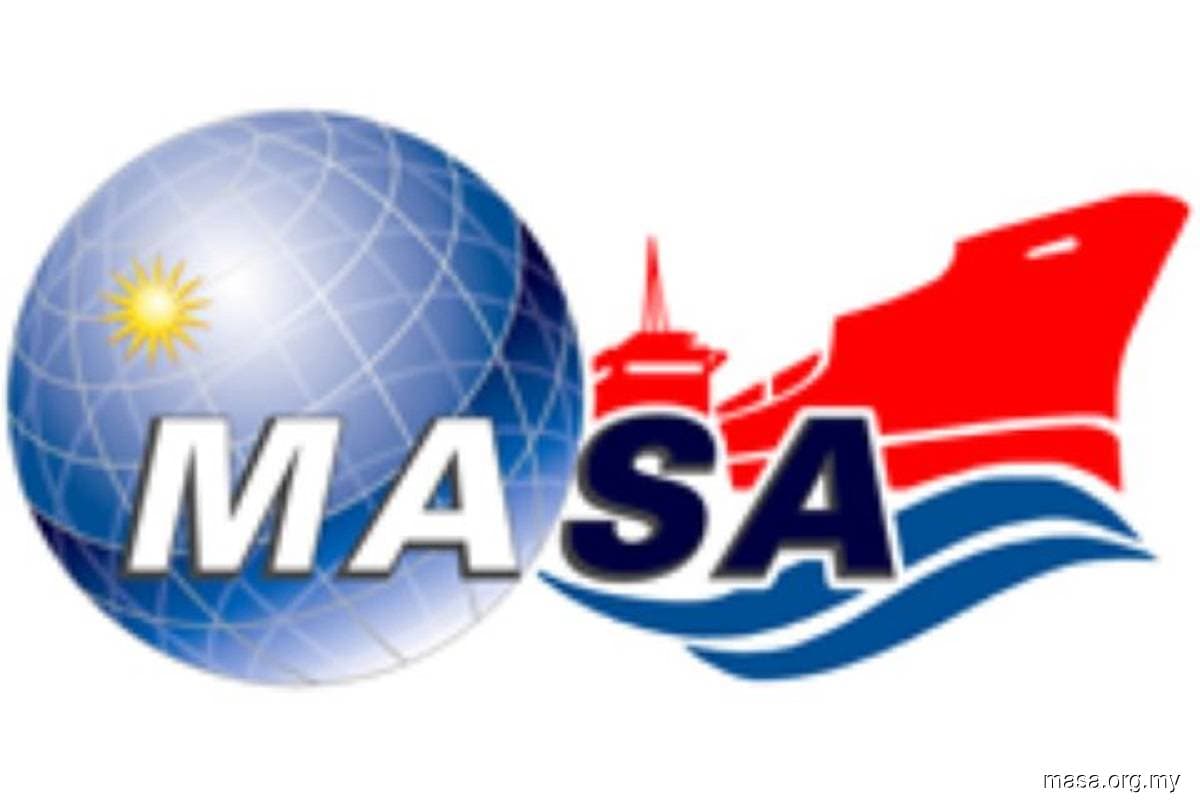
KUALA LUMPUR (Dec 2): The cabotage exemption on foreign-flagged vessels performing submarine cable repairs has resulted in a monopoly by a single Singapore-registered company, according to the Malaysia Shipowners' Association (MASA).
As such, MASA supports the decision by Transport Minister Datuk Seri Dr Wee Ka Siong to revoke the cabotage exemption to allow fair competition for local Malaysian providers of maintenance and supply services with regard to submarine cable repairs.
"What we want is just to reinstate the cabotage policy to its original [form], as what other countries are practising. We want to protect our domestic trade. The cabotage policy was liberalised bit by bit by our politicians which we feel that is not fair," MASA chairman Datuk Ir Abdul Hak Md Amin said during a press briefing today.
MASA also denies that the revocation of the exemption will create a monopoly for Malaysian companies.
"From our perspective, we would like to encourage a system of fair competition involving multiple different providers of maintenance and supply services to work with local Malaysian solutions to create an ecosystem that encourages higher ship tonnages, employment, spin-off industries, and technology investments for the telecommunications industry," MASA chairman Datuk Abdul Hak Md Amin said during a press briefing today.
In fact, Abdul Hak, who is also the managing director of EA Technique (M) Bhd, highlighted that Malaysian companies own a total of four out of about 50 qualified and certified cableships worldwide that are currently used by the industry for installation and maintenance.
"Therefore, it is unjustifiable to say Malaysian companies do not have the capabilities to conduct subsea cable repairs," he said.
Abdul Hak also addressed concerns that cable repair costs will escalate with the revocation, contending that the cabotage policy has no impact on the price of repairs, as repairs are governed by maintenance zones.
"What drives the pricing is the competition between the zones and we believe the current revocation will help stimulate this competition," he explained.
"MASA is prepared to improve and expand capabilities in meeting the service needs of this industry to international standards of compliance. We encourage our members to actively avail themselves of the latest technologies in order to be accorded the opportunities to take part in this technology-driven industry," Abdul Hak added.
The cabotage exemption was introduced by the previous Pakatan Harapan government's transport minister Anthony Loke Siew Fook in April 2019, and was aimed at reducing the time required to conduct repairs on undersea cables.
On Nov 13, current minister Wee issued a federal gazette to revoke the exemption. He said the move was taken to reduce outflow of foreign exchange in the form of freight or charter party payment and minimise the country's dependence on foreign vessels by increasing the involvement of local shipping companies in the domestic service.
On Nov 20, tech giants Google, Facebook, Microsoft and MyIX wrote a joint statement to Prime Minister Tan Sri Muhyiddin Yassin, expressing their concerns over revocation of the cabotage exemption.
Cabotage policy refers to laws that provide some degree of governance for a nation's respective domestic maritime trades that favours their own domestic ships.
MASA claimed that there are 91 UN member states that have some form of cabotage laws, which may also be implemented under other terms such as coastal trade, coasting trade, coastwide trade, or domestic trade.